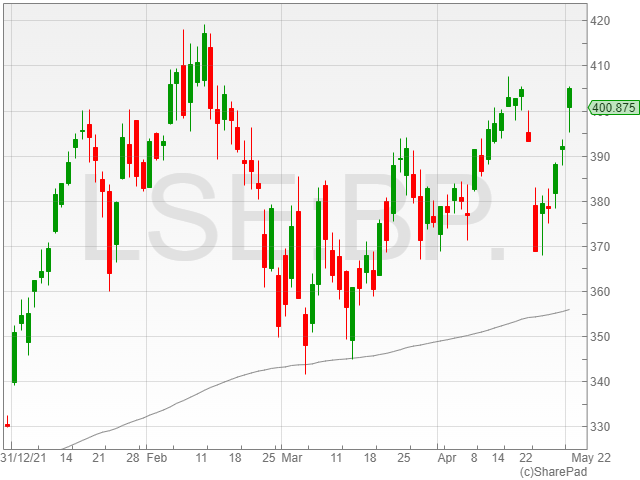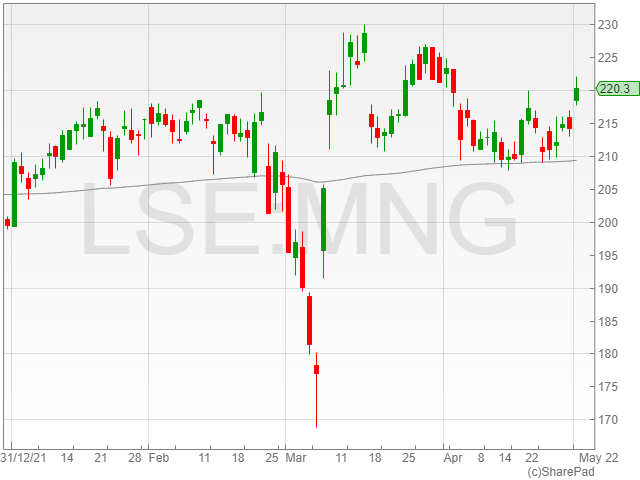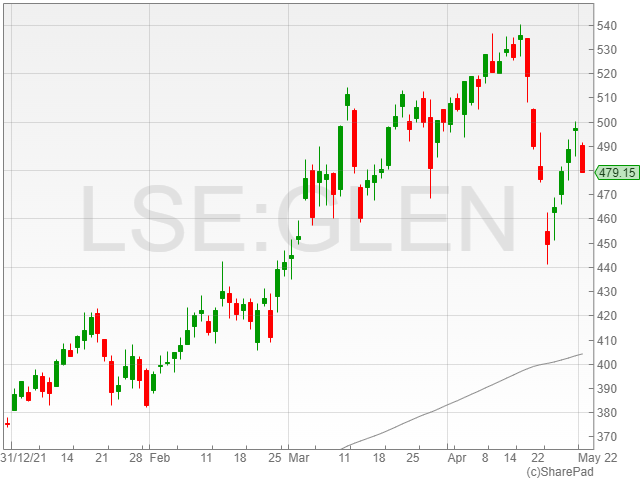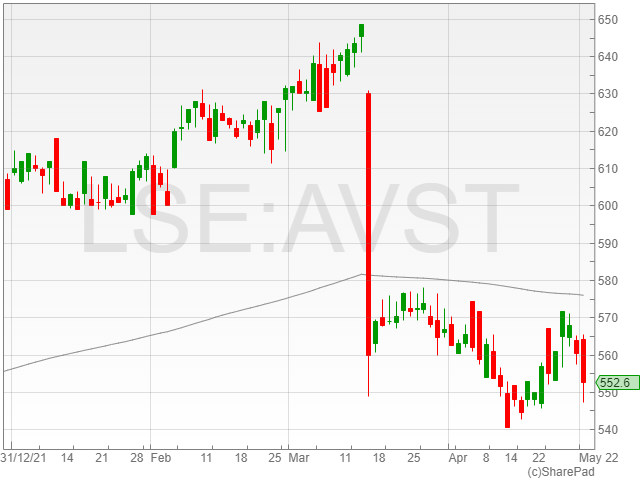The FTSE 100 was sank on Tuesday as London’s markets caught up with our global indices following the Bank holiday.
US indices faced significant volatility on Monday as investors positioned for a potential 50bps hike this week.
Miners and pharma stocks were early losers on Tuesday before selling picked up throughout the FTSE 100.
“Metal producers and pharmaceuticals acted as a drag on the index, with the former extending losses seen after the recent quarterly updates from mining sector – most of whom reported operational challenges,” said AJ Bell investment director Russ Mould
Investors also kept a concerned eye on China, as the country’s strict zero-Covid policy sent a wave of uncertainty across the market due to a surge in lockdown fears.
The markets are also awaiting the latest decisions from the Federal Reserve and the Bank of England, with the Fed expected to raise interest rates by 0.5% on Wednesday and an anticipated 0.25% hike to 1% from the Bank of England on Thursday.
“Markets are particularly worried about lockdown in China and how fast US interest rates might go up. Central banks typically raise rates by a quarter percentage point, but the Fed is under pressure to be more aggressive to combat rising inflation,” said Mould.
The increase in interest rates comes at an unwelcome time for consumers already struggling under back-breaking 7% inflation, however the Bank of England is caught between two uncomfortable decisions if it wants to fight the rising inflation in the longer term.
“The market expects a quarter percentage point increase to 1% for UK rates which will prompt a lot of chatter about recession, particularly as consumers are already under a lot of financial pressure from the rising cost of living,” continued Mould.
“There couldn’t be a worse time to push up borrowing costs, but the Bank of England needs to do something to tame inflation and that means raising rates.”
BP led the index with a 2.3% climb to 400.7p, despite the significant dent its $25.5 billion Rosneft divestment left in its Q1 2022 report.
The oil and gas giant confirmed its launch of $2.5 billion share buyback before the release of its Q2 2022 results, alongside a $6.25 billion profit on an underlying replacement cost basis, representing a 54% spike against Q4 2021 and an over 100% surge year-on-year.
The shining results despite the Rosneft hit have prompted renewed discussions of a windfall tax on energy companies to assist consumers with soaring prices on the back of Russia’s invasion of Ukraine.
“The oil giant might have hoped attention would focus on an apparent $20.4 billion loss – created by impairments linked to its exit of interests in Russia – but the strongest underlying profit in a decade of $6.25 billion was more revealing of the impact of surging oil and gas prices on the business,” said Mould.
Analysts added that the exit from Russia might have boosted the company to transform with the changing energy environment, serving to shore up its future prospects.
“The exit from Russia, while bringing with it considerable costs, arguably helps with the transformation of the group and strong cash flow is helping to bring down debt,” said Mould.

M&G shares increased 3% to 220.6p after the reported completion of its acquisition of Swiss-based group responsAbility Investments.
The purchased company is focused on private debt and private equity throughout emerging markets, with approximately $3.7 billion in managed assets, and will expand M&G’s global reach alongside its capabilities in impact investing.
“responsAbility brings leading capabilities in impact investment to M&G, which will help us accelerate our ambition to place sustainability at the heart of our investment process,” said M&G investment officer Jack Daniels.

Glencore shares fell 3.2% to 481.1p following a continued slide on the back of its reduced guidance on copper, zinc and cobalt production reported last week.

Avast shares decreased 2.3% to 551p on the back of a 0.5% revenue slide, following the sale of its Family Safety department and an EBITDA drop of 4.3% after its suspension of operations in Russia and two new acquisitions to the company.

